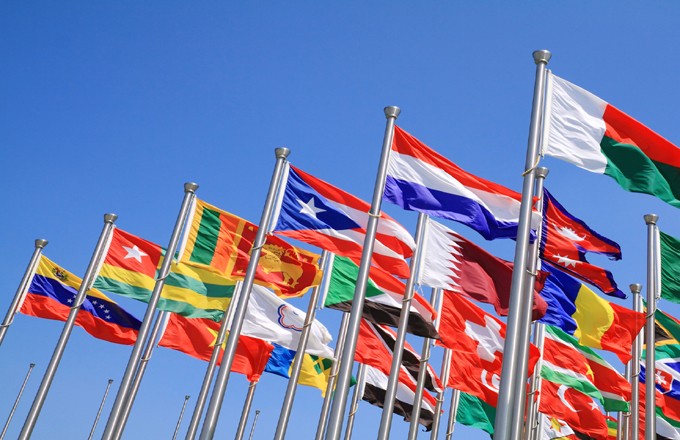Should You Invest in Emerging Markets Emergent Strategies Invest
Post on: 24 Июль, 2015 No Comment

Should You Invest in Emerging Markets
No doubt about it, the cat is out of the bag. Over the past five years or so, the emerging markets have made their story of sizzling returns well known-particularly to those investors who were too timid to include them in their portfolios. But this story is now a fundamental shift of historic proportions and should no longer be thought of as just a possibility. Globalization is here; with us or without us.
Many feel that if it werent for the markets and investments of the developed World, emerging markets would still be submerged in stagnation and little hope. That may have been true five years ago but because of the ability to form regional trade pacts amongst themselves and the fact that the free flow of investment funds will flow to the lowest producers, it appears that the developing markets are becoming less essential (but still very important) to the emerging markets. In fact, in 2008, the emerging market economies are expected to out perform the sagging industrialized economies.
This should tell investors that the crawling phase of emerging markets is over and they can now stand up and stagger. But if the World Bank is correct, by 2020 the four largest emerging markets (Brazil, Russia, India and China) will more than double their share of world output from 7.8 percent to 16.1 and they will also become more significant buyers of goods and services than the now established industrialized countries.
Most experts agree that advances in technology allow investors to become much more global as the spread of capitalism and freer markets allows knowledgeable investors to be able to add higher returns to their portfolios. And indeed, if recent history is any indication, having exposure to these rapidly growing markets can add some real punch to portfolios. The list below shows average annual returns for some emerging market ETFs for the past five years:
Indonesia Fund (IF): 44.72%
India Fund (IFN): 37.20%
Ireland Fund (IRL): 34.17%
Mexico Fund (MXF): 30.17
Greater China Fund (GCH): 29.04%
There is also an interesting phenomenon in that as more time elapses and emerging markets continue to prosper, the risk-reward ratio becomes even more favorable. Local economies become larger, local wealth is built up and emerging markets form regional blocks (For example, India and China have a contiguous border and contain almost 40% of the Worlds population). Some experts feel that several of the emerging markets may have reached a critical mass which as long as there are little restrictions to the free flow of investment funds across borders, the growth will only pick up speed.
While some professional investment advisors dont advocate that investors go overboard and stuff their portfolios with emerging market equities, but many do feel that long term investors should have at least some exposure to emerging markets-mainly through carefully selected ETFs. How much emerging market exposure depends on age and risk tolerance.

There are different kinds of funds that are specifically dedicated to investing in foreign stocks.
Global Funds nvest primarily in foreign companies but can also invest in the stocks of the developed world.
International Funds limit their investments to countries outside of your home country.
Because many foreign companies may not be listed on major exchanges, the information about an emerging market company is usually not as transparent or accessible as most investors would prefer. Moreover, investing in these markets usually requires some specialized knowledge of the countries involved. As a result, it is strongly recommended that professional advice be sought to help choose the most appropriate emerging market investment for your specific portfolio needs.
Regional or Country Funds invest in companies located in a particular geographical area (such as Eastern Europe, Latin America) or in a single country (Brazil Fund). Some funds further specialize by focusing on certain industrial sectors within an emerging market or country.
International Index Funds invest in foreign market indices. The aim is to capture the overall market performance. Also, Index funds differ from managed funds in that there is no active management and fees are lower.
This entry was posted on December 14, 2014, 12:24 pm and is filed under Business. You can follow any responses to this entry through RSS 2.0. Both comments and pings are currently closed.














